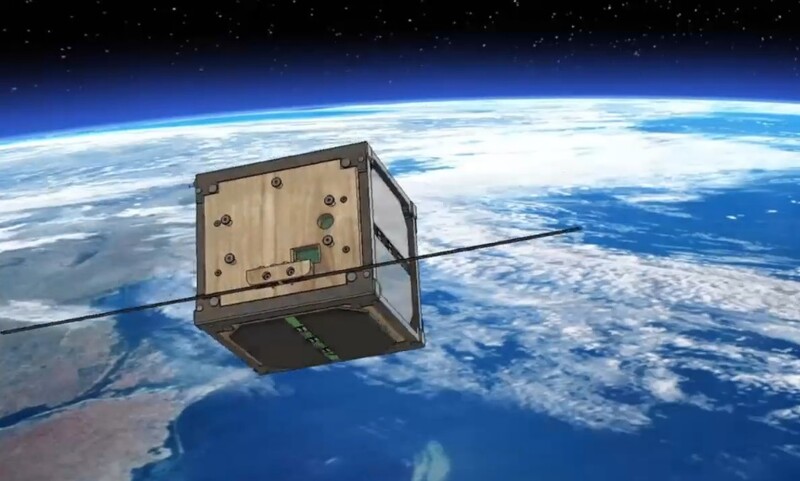Between decommissioned satellites and bits shed from spacecraft, humans leave a lot of metal in the atmosphere. That reflective junk creates light pollution, bashes into the International Space Station, and — when it falls out of orbit and into the atmosphere — burns up into millions of tiny metallic particles.
All Science stories
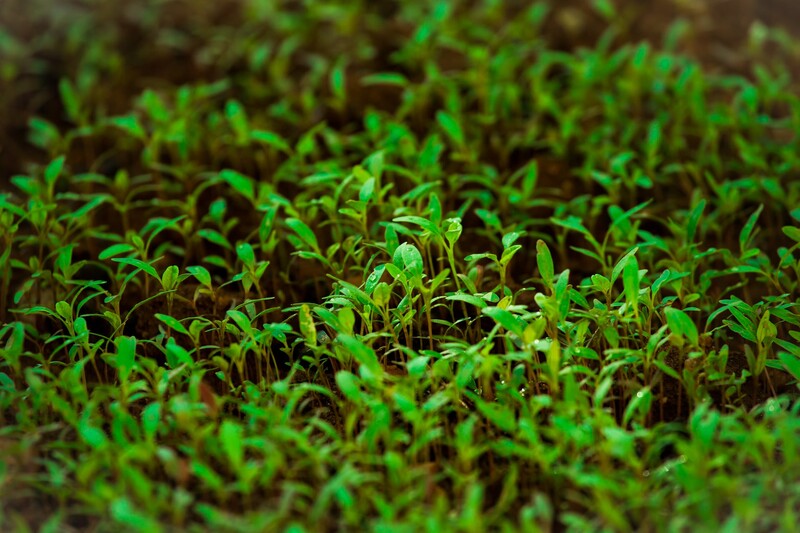
It’s not quite Matt Damon starting a potato field on Mars, but recent experiments could help make moon farms a real possibility.
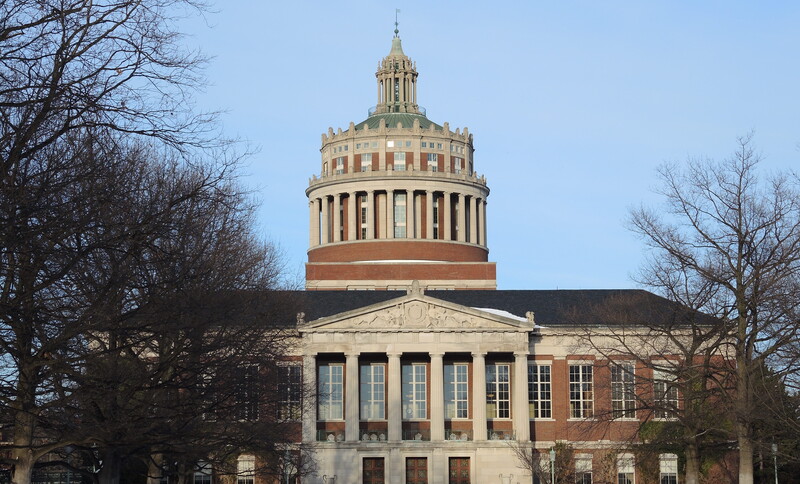
Back in March, the discovery of a new superconductor opened up a world of possibilities, from phone batteries that last days to hyper-efficient energy grids. Except it was all a lie.
What happened: This week, Nature retracted a high-profile paper claiming the discovery of a superconductor that worked at room temperature. Superconductors — which can transmit electricity without energy loss — blow away standard metals, like copper and aluminum.
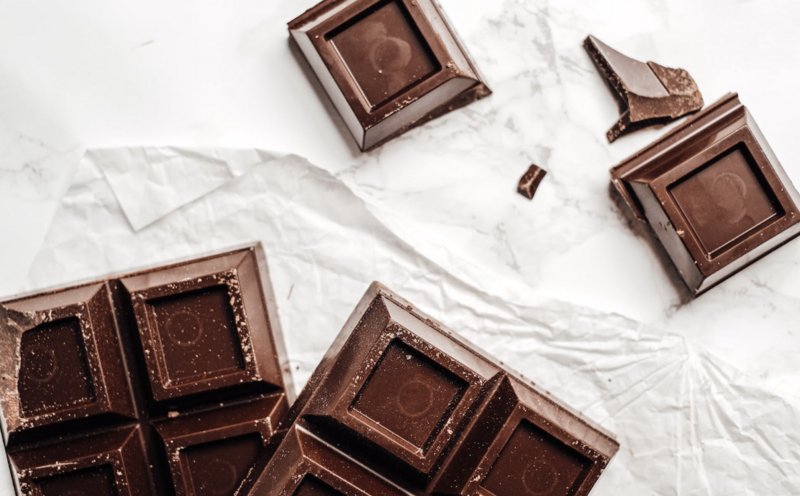
New research is putting the harmful metal content of chocolate under the microscope again, but don’t go tossing the kids’ trick-or-treat haul just yet.
What happened: Watchdog group Consumer Reports tested dozens of chocolate products for lead and cadmium, finding that almost one-third had dangerous levels.
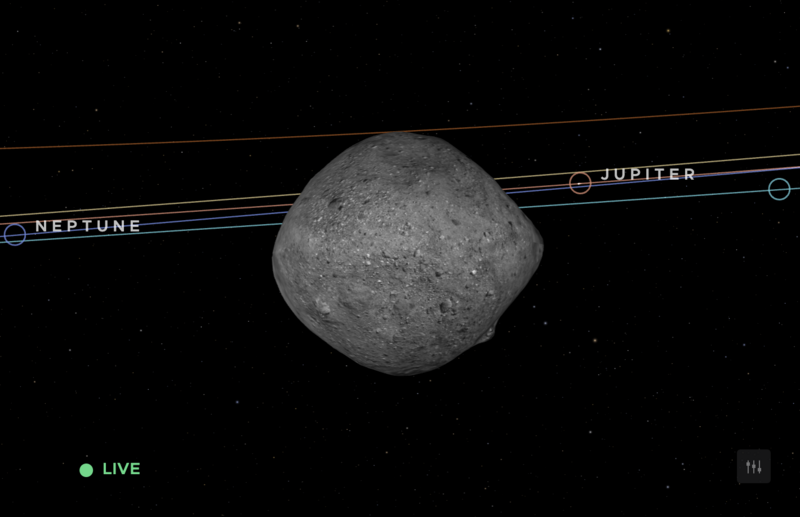
Unlike many of us coming home from holiday, NASA remembered to bring back souvenirs from its latest trip.
Driving the news: The largest asteroid sample ever brought back to Earth touched down Sunday morning when NASA’s OSIRIS-REx capsule returned from a 7-year trip—a mission Canada played a crucial role in.
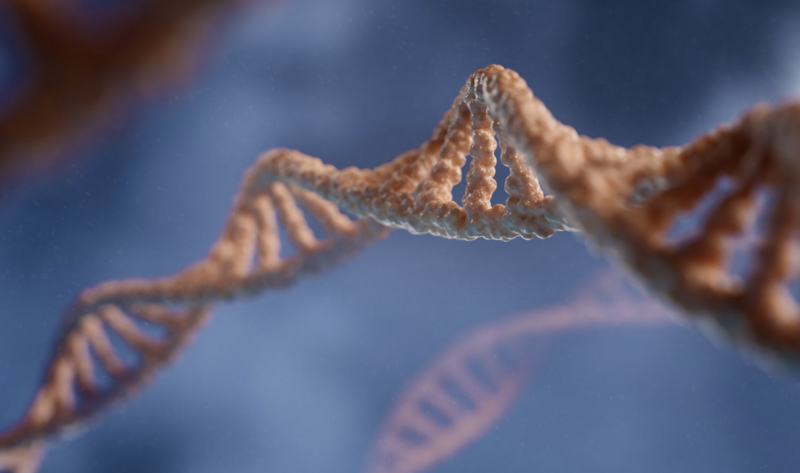
A scientific breakthrough could shed light on some of the biggest threats facing men's health.
Driving the news: According to new research published in the Journal of Nature, scientists have fully sequenced the DNA of the Y chromosome.
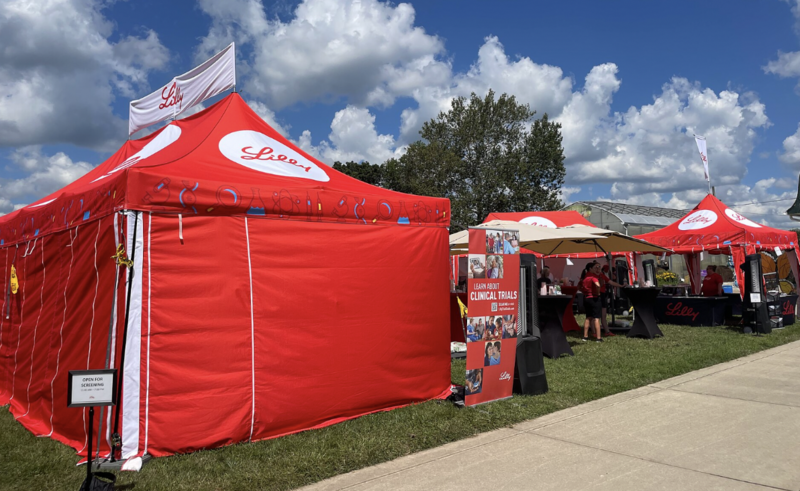
Just when we thought weight-loss drug makers had hit their peak, a new study's findings show that they’re just getting started.
What happened: Novo Nordisk’s blockbuster obesity drug WeGovy not only helps people lose weight but cuts the risk of heart attacks or strokes by 20%, according to the findings of a company-funded study. Sales were already up 25% in the first three months of 2023.
.jpg)
There’s nothing like waking up after a long weekend to learn that while you were busy throwing small bean bags onto a wooden board for points, scientists were making history.
Driving the news: Scientists have achieved net energy gain in a nuclear fusion reaction for the second time, marking progress towards harnessing a new sustainable energy source.
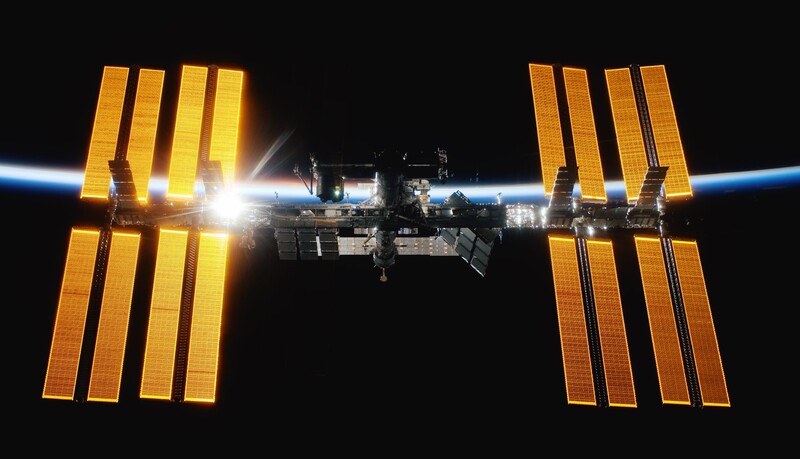
In space, no one can hear you scream… about how great your business venture is going!
What happened: Airbus is teaming up with space-tech start-up Voyager in a bid to replace the International Space Station (ISS), which is set to be decommissioned by 2031.
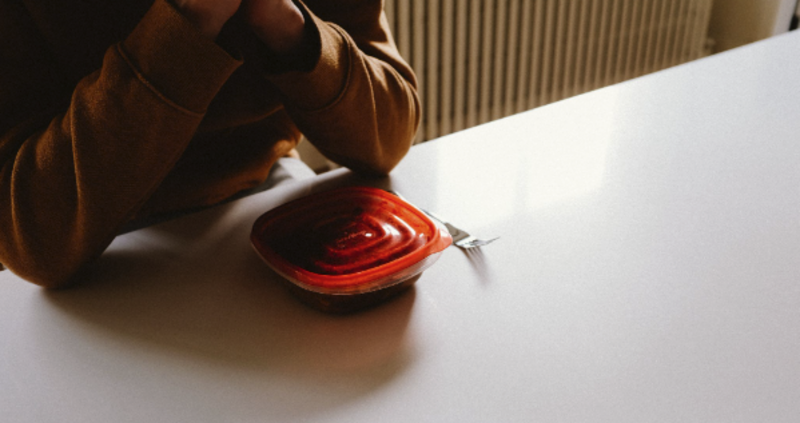
Sorry to break the news, Barbie fans, but not everything about plastic is fantastic.
Driving the news: Per Wired, a study into the release of plastics from food containers has found that microwaving can blast millions of bits of plastic, called microplastics, and even tinier nanoplastics, into your food—and the hotter the conditions, the more plastic leaks in.
